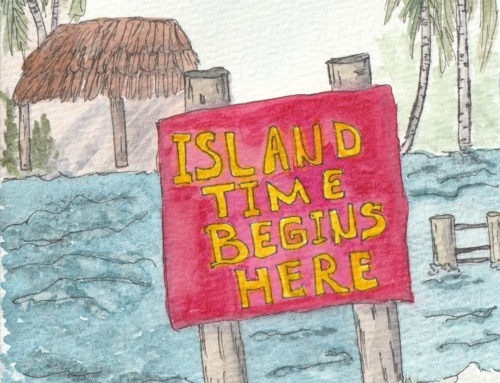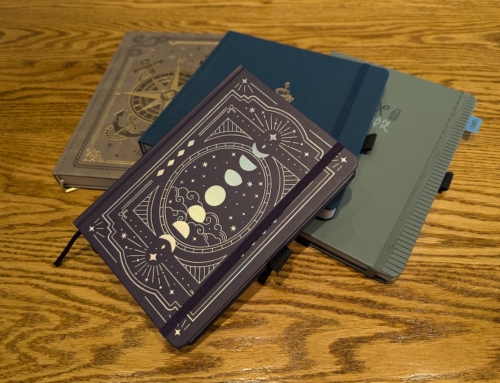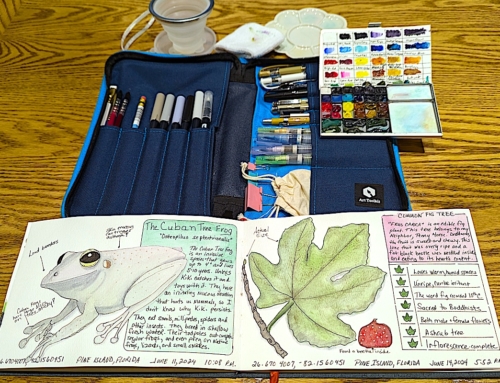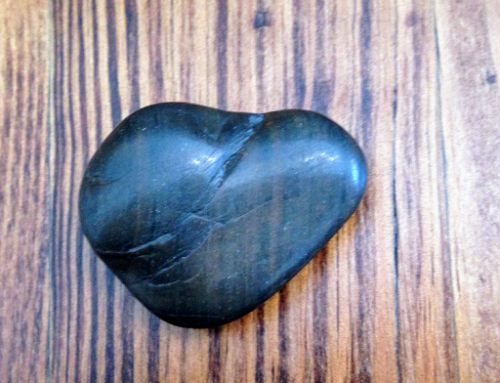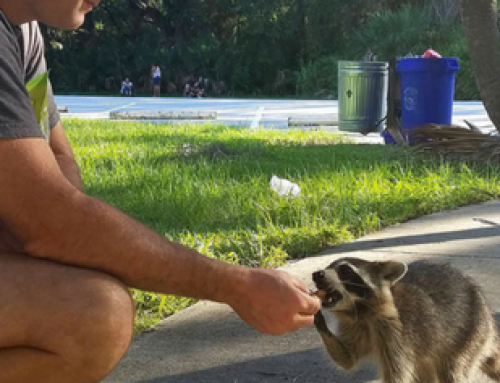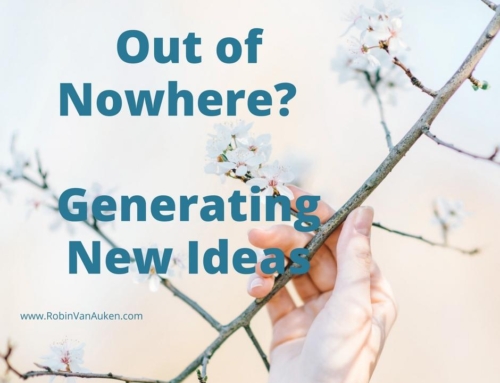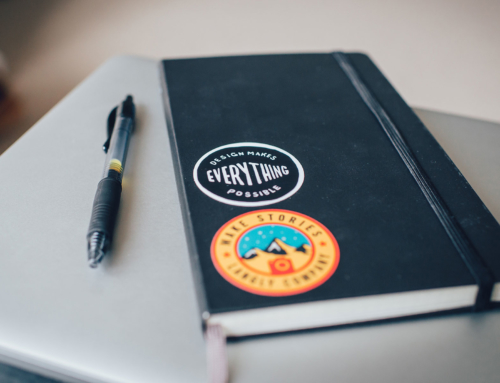As writers, we call the women (and men) of our stories “heroes” but do we regard them — and their journey to love and happiness — as heroic? We should if we plan on telling a good story because everyone is a hero and everyone’s story is the “heroic journey.”
Some of us are at the beginning of the journey, some are in the middle, while others are nearing the end. Heroic journeys can be long and complicated and include great joy and great sorrow, but sometimes they’re as simple as a trip to the grocery store.
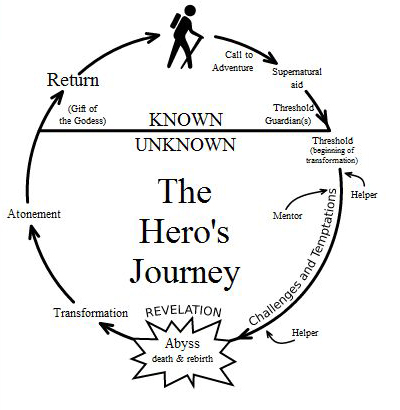 The journey is a universal rite of passage all people experience. Many of those experiences become stories that grow into myths and legends. Consider every epic poem, book or film you’ve enjoyed. Invariably, they contained three basic elements of the heroic journey: Separation, Initiation, and Return. Invariably, they contain the same people. The reason why Cinderella and Prince Charming are enduring (and recurring) mythological characters is that they are stereotypical personalities called “archetypes.”
The journey is a universal rite of passage all people experience. Many of those experiences become stories that grow into myths and legends. Consider every epic poem, book or film you’ve enjoyed. Invariably, they contained three basic elements of the heroic journey: Separation, Initiation, and Return. Invariably, they contain the same people. The reason why Cinderella and Prince Charming are enduring (and recurring) mythological characters is that they are stereotypical personalities called “archetypes.”
So what is the hero’s journey and how can recognizing it help with your own writing?
Joseph Campbell, a lecturer on mythology, introduced the hero’s journey in his book “The Hero with a Thousand Faces.” Besides Hero, Campbell’s archetypes include the Mentor, the Shadow, the Herald, the Trickster, and the Shapeshifter.
Try to recognize these archetypes in the fictional world you’re creating for your characters. Insert them at strategic times and places within your story and you can heighten the reader’s pleasure. How can that happen? Because readers intuitively know the hero’s journey and if you leave an important archetype or action out, they’ll feel cheated.
How do they know the journey? Amazingly, it’s hardwired in our brains and in our hormones. We are genetically engineered to be the heroes of our lives. Remember, each journey is really a “rite of passage” and the biggest rite of all is puberty.
We’ve all experienced this journey and we continue to live it in grand ways every day. Well, maybe it’s not always a grand journey; maybe we’re only going to the grocery store. But if you look closely at even that chore you’ll see that it has a beginning — Act One: the Call to Adventure (we’re out of milk and bread). There’s the Refusal of the Call (I don’t want to go). Our Mentor offers us advice or inspiration (this probably happened a long time ago when Mom took you to the store; we’ll bring her back as guiding spirit).
Then there is the middle of the journey — Act Two: We encounter Tests, Allies, and Enemies (the car won’t start, AAA comes out and jumps the battery, then we get stopped by every red light).
We Approach the Inmost Cave with more obstacles (this is the parking lot where idiots back up without looking). We experience a Supreme Ordeal (maybe this is someone who steals our parking space while we patiently waited for that idiot backing up), but then we receive our Reward (ahh, a better spot is open next to the entrance and we can continue to shop for groceries).
The end of the journey — Act Three — finds us on the Road Back (we’re returning to the ordinary world with our groceries), but we still have to face our Resurrection. This is a dark moment when we face loss and must use lessons we learned along the way (maybe we’ve been cut off by a crazy, speeding driver and we use our skill and patience as a good driver to avoid a collision, which results in a lot of broken eggs and smashed bread.).
But finally, we Return with the Elixir (we arrive home with our groceries). We are heroic for having answered the call, faced the obstacles, acquired the prize and returned home to use the elixir to make a breakfast casserole (then nobody cares that the eggs were broken or bread was smashed).
Is your heroine experiencing her own adventure? Is it complete with our favorite archetypes and elements of conflict? If not, consider how even a simple story can be a good story. It’s all in the journey.
READ ABOUT THE HERO’S JOURNEY AT THESE LINKS:
http://en.wikipedia.org/wiki/Joseph_Campbell
http://en.wikipedia.org/wiki/Monomyth
Hard-Wired to Be a Hero by Robin Van Auken is licensed under a Creative Commons Attribution-ShareAlike 3.0 Unported License. Based on a work at www.RobinVanAuken.com.



